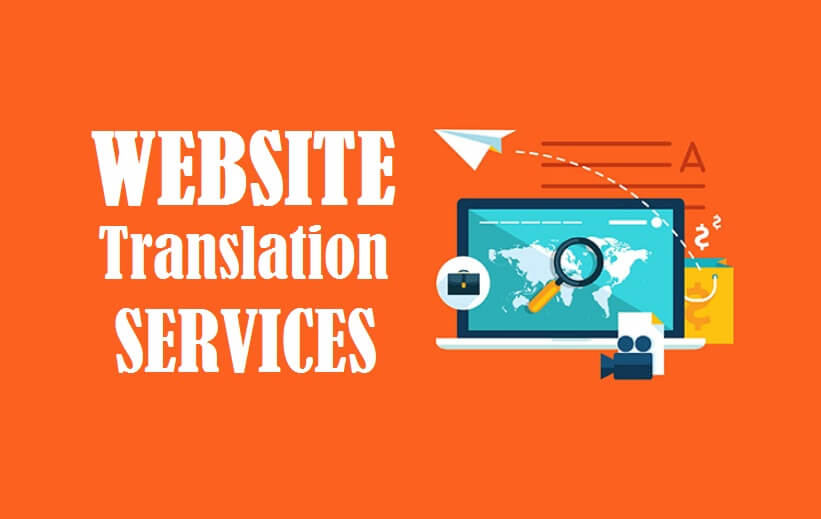E-Learning business is booming at an ever-increasing velocity! And it’s not going to slow down; this is according to the current rate of growth of this industry. They provide courses in a variety of subjects. The subjects range from primary school to undergraduate levels of study. Most of the courses are free of cost. That is the best part of it. Even if some fees are required in some of the courses; they are cheaper than traditional methods of study. And if it costs, it must be worth it. Almost everyone has a smartphone nowadays, if not a computer. And the internet is not much of an issue as well.
E-learning programs are generally not professional courses that you can use for getting a job. But it sure does improve your skill. Be it Marketing, Web development, any foreign language, or even Psychology. But what sets e-learning methods of teaching apart from traditional methods of teaching?
The e-learning programs are such a hit mainly because:
- It’s exciting and engaging.
- Easily accessible as well as economical.
- It’s efficient, effective, and available everywhere, every time and to everyone.
- It’s visual, animated and in short, a feast for the eyes and the brain as well.
One of the best e-learning platforms in India is Byjus. Byju’s and other best platforms use a strategy that has given them an edge over other platforms. And that is Translation and localization.
Why translation and localization?
It helps users understand the content more easily. And brings in more clarity in the learning material as well. But every translation agency cannot handle such translations. Such programs involve videos that require dubbing along with subtitling and website localization. Dubbing is a little complex. Because matching the speaker’s expression with the syllable expression in the other language is tough. Also, speakers in such video programs speak at quite a fast speed many a time. Moreover, good knowledge of the technical content is also necessary. Hence, an e-learning company should wisely choose a translation agency in order to reap its benefits.
Why Choose VerboLabs?
VerboLabs has all the qualities of an ideal translation agency for this kind of translation and localization work such as:
Diversity in translators
VerboLabs has translators in various different languages from around the world. And from different cultures as well. We provide translation and localization services in more than 50 international and local Indian languages. These languages include some of the well-known languages around the world. They also include some of the not-so-well-known languages from different corners of the world.
Strong Project Management Team
We boast an efficient project management team. This team ensures that a project goes through different stages of the work. This prevents confusion and improves efficiency.
A separate Quality check team
A separate Quality check team is vital for a translation agency. This reduces the work pressure from other members of a team working on a different project. Also, it nullifies any chance of mistakes that can ruin the product and create problems for the client.
Wrapping Up
These are the basics that make a translation agency ideal for any localization work. If you want to know more about our work and clients, feel free to drop a mail at info@verbolabs.com or send us your queries.



